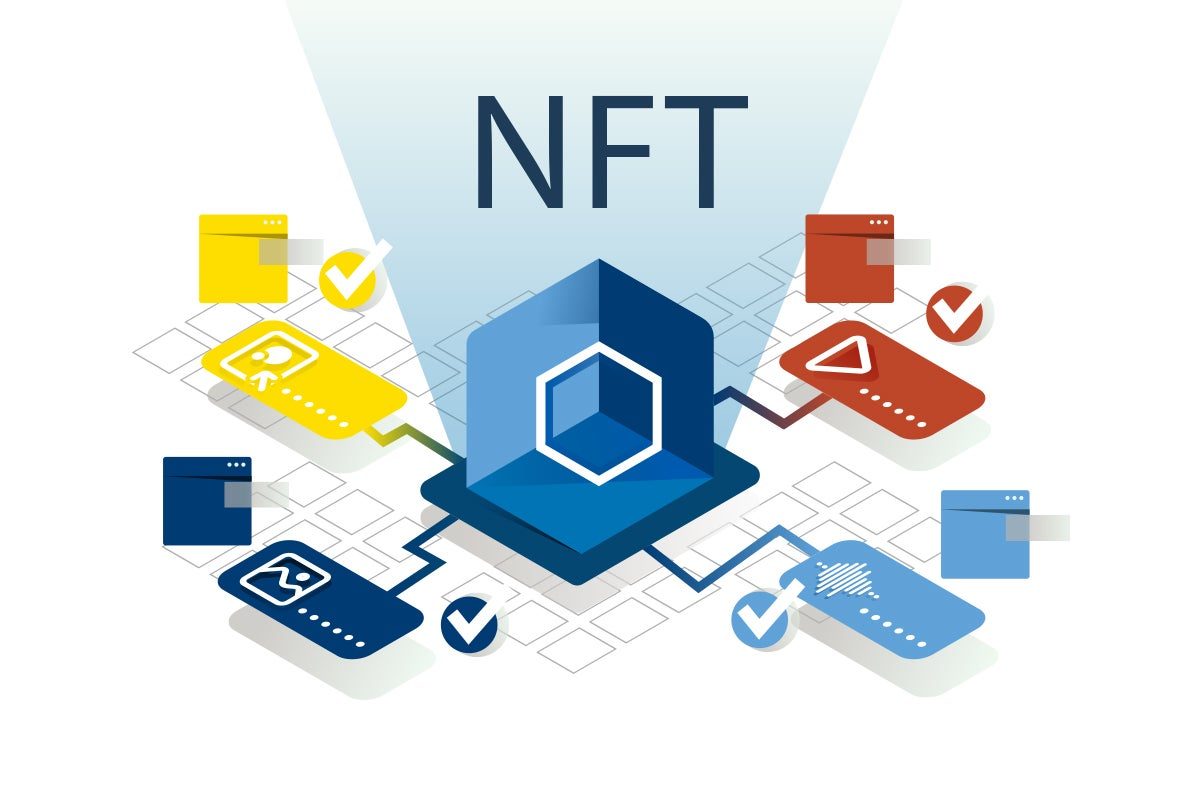Tim Romero

Tim Romero is the Head of Google for Startups Japan. He is a Tokyo-based entrepreneur, podcaster, author and teacher who has started four companies and led Japan market entry for others since coming to Japan more than 25 years ago. Tim hosts the Disrupting Japan podcast, teaches corporate innovation and entrepreneurship at the NYU Shinagawa campus and is CTO of TEPCO's Business Innovation Task Force. Tim is deeply involved in Japan's startup community as an investor, founder and mentor.

Japanese softwarehas problems. By international standards, it’s just embarrassingly bad.

If you know about Japan, you might have heard of, or even witnessed, the incredible efficiency of Japan’s Shinkansen cleaning crews.

You’ve seen three-card-monte even if you don’t know it by name.

There is a better way to make money in podcasting.

Startups in Japan have a problem. It's the same problem that faces startup founders around the world, but the misunderstanding is so strong here that it causes a lot of companies to go out of business just as they should be starting to scale.

ICO tokens are similar to dividends and should be valued as such. However, valuing these tokens using something like discounted cash flow is a horrifying exercise.

Japanese companies have long been known for their widespread practice of overtime, with employees toiling late into the night after the official end of the business day. Japanese drone startup Blue Innovation has offered a technological solution, a special drone called T-Frend designed to reduce overtime by flying around the office after hours, playing loud music and taking pictures of any staff who are still working and reporting them to management.

A lot has been written on Uber’s disastrous failure in Japan. Most authors point to the fact that taxies in Japan are abundant, clean, safe and affordable. While that’s all true, it misses a more important truth.

We were told that technology would fix it. In 1930 John Maynard Keynes predicted that the work week would need to be reduced to 15 hours in response to improved productivity from automation. It hasn’t worked out that way. Things certainly have gotten better. Economies have grown, standards of living have increased, workplaces have become safer, but we are working more than ever.

Cryptocurrency and ICOs are as different as dollars and donuts — literally, one is a medium of exchange and the other is something you purchase with that medium.
By visiting our website you agree that we are using cookies to ensure you to get the best experience.
We use cookies to ensure you to get the best experience on our website. If you decline the use of cookies, this website may not function as expected.
Tools used to analyze the data to measure the effectiveness of a website and to understand how it works.